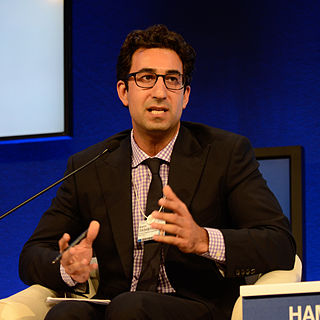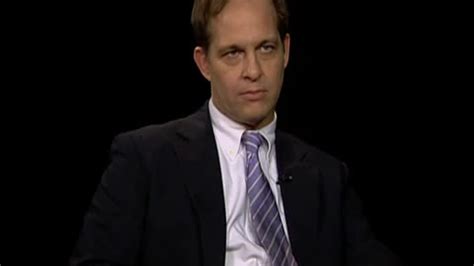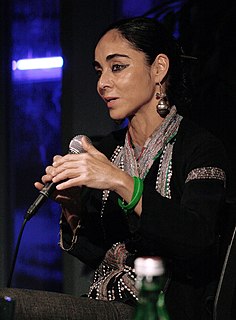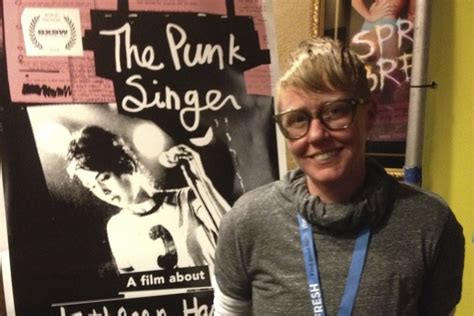A Quote by Kenneth M. Pollack
Our support for the Shah, the CIA coup in 1953 - has become infused into the Iranian political discourse. The regime that came to power in 1979 during the Iranian revolution actually defined itself as anti-American, and that's now a critical ingredient in the Iranian domestic political debate. That really is the source of our problems - the regime in Tehran continues to see itself as opposing the US. In their eyes, everything the US does is directed at them in a very malevolent way, and therefore they have to fight back against it.
Quote Topics
Actually
Against
American
Anti
Anti-American
Back
Back Again
Become
Came
CIA
Coup
Critical
Debate
Defined
Directed
Discourse
Does
Domestic
Everything
Eyes
Fight
Ingredient
Iranian
Itself
Malevolent
Now
Opposing
Our
Political
Political Debate
Political Discourse
Power
Problems
Really
Regime
Revolution
See
Source
Support
Tehran
Them
Therefore
Us
Very
Way
Related Quotes
The Iranian government prevented journalists from marching in solidarity with the victims of the Charlie Hebdo massacre yet it organized flag-burning protests against the French embassy, that hasn't ingratiated them to a French nuclear negotiating team that is deeply cynical about the nature of the Iranian regime.
After the rigged Iranian presidential elections in 2009, the Islamic regime attacked the 'humanities' as the main source of protests, the most effective tool used by the West, especially America, to corrupt and incite Iranian youth, and finally closed down all the Humanities departments in Iran's universities.
My sister married an American and took his name, and my brother has shortened Sayrafiezadeh to Sayraf. So now he's Jacob Sayraf, or sometimes Jake Sayraf. He made the change when he was a teenager, prior to the Iranian revolution and the hostage crisis. So I don't think it was motivated by any anti-Iranian sentiment in the United States.
It is one of the great ironies of the American war in Iraq - was that the guys who really got the most out of it were the Iranians. And they have us to thank for that. Yeah, I mean we basically put Maliki in power in 2006, but he has been - he's really not a friend of the United States. He's a friend of the Iranian regime.
Would Americans accept if we decided to come here and decide who your rulers should be? So why do you expect us Iranians to accept the idea that the United States shall come in there and decide who shall govern us?Of course, everyone knows that I'm also opposed to the Iranian regime and I have said that we must change the regime. But it is us, the Iranians, that must change the regime.































